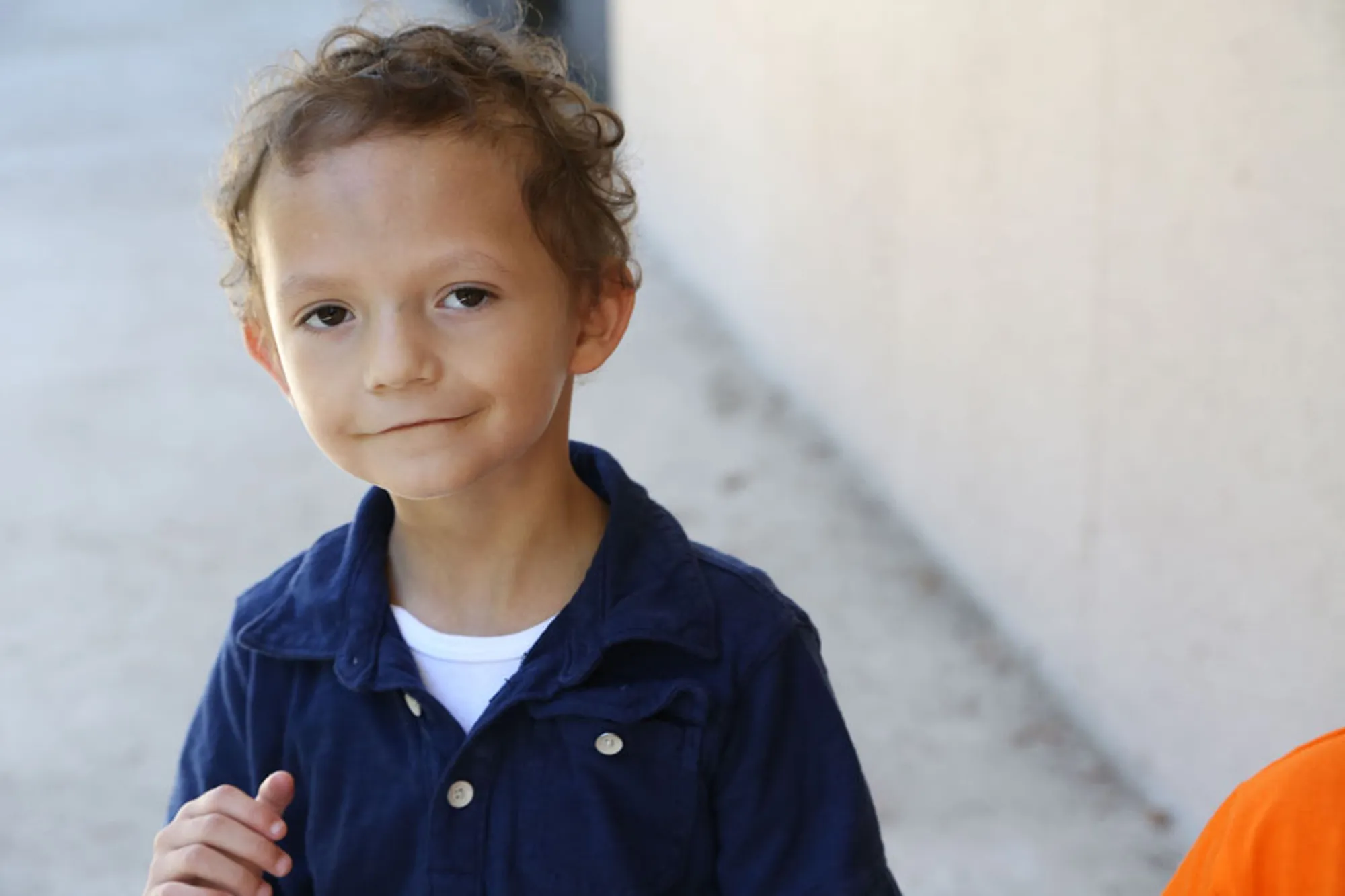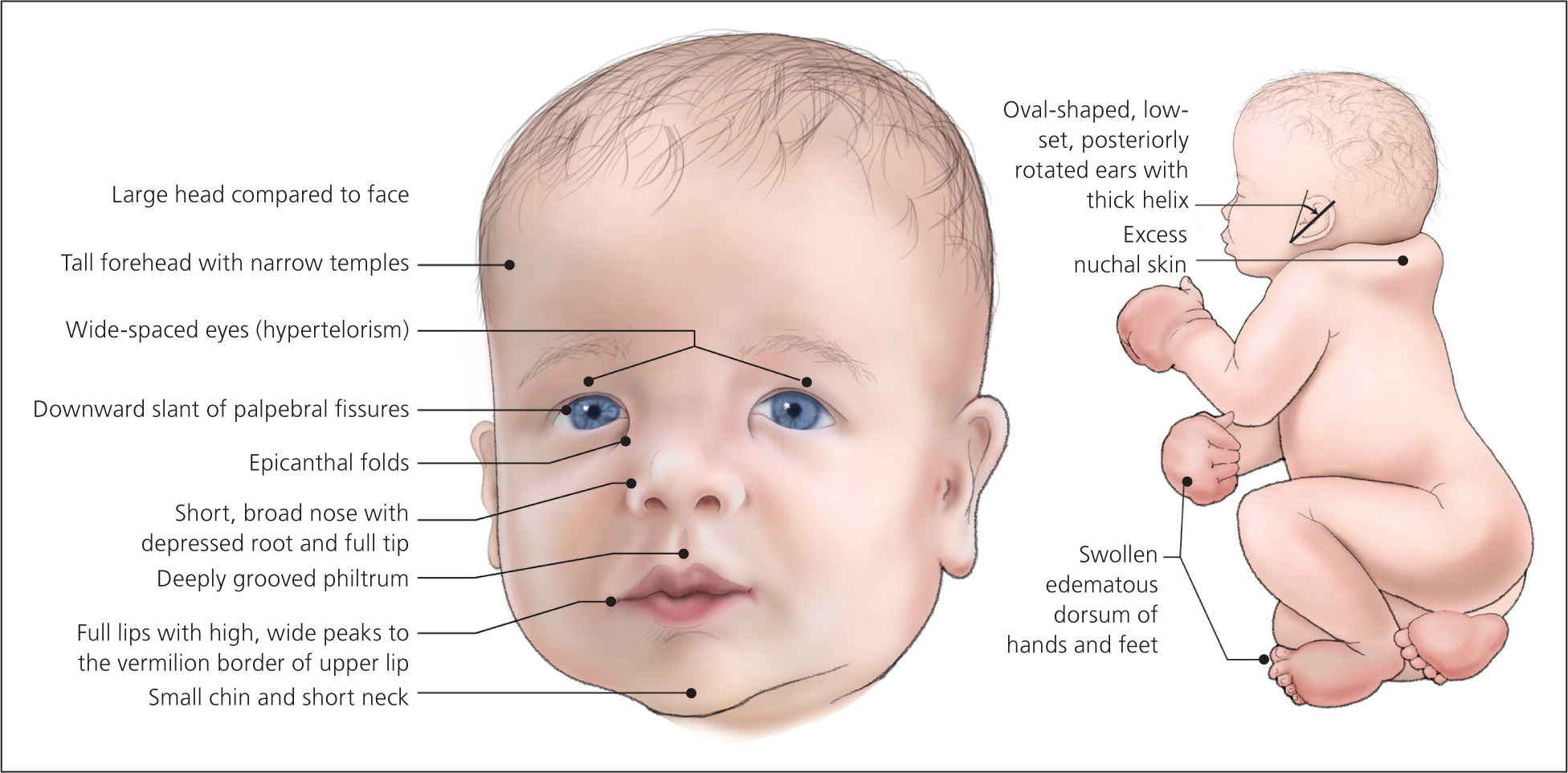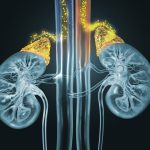
What is Noonan syndrome?
Noonan syndrome is a rare genetic condition present from birth, that causes a distinctive appearance and a range of health problems. People with Noonan syndrome may be mildly affected, or more severely affected. How the disorder affects people with Noonan syndrome can change as they get older.
Noonan syndrome is caused by a genetic mutation in any one of several different genes. In about half of all cases the condition is inherited, although the parent who passed the condition on to their child may not even know that they carry the faulty gene because they show no signs of the disorder.
What are the symptoms of Noonan syndrome?
Noonan syndrome develops in a baby before birth. Sometimes, the disorder is diagnosed straight away, but some children with mild symptoms aren’t diagnosed until they get older.
Children with Noonan syndrome often have medical problems such as heart defects, bleeding (clotting) abnormalities and bone deformities. They are usually shorter and may have low muscle tone.
They can also have a distinctive appearance, including:
- drooping or hooded eyelids
- eyes that slope or are widely spaced
- brilliant blue or blue-green eyes
- a flat bridge of the nose
- strongly arched (diamond-shaped) eyebrows
- low-set ears that tilt back
- coarse, curly hair with a low hairline at the neck
- a short neck with extra skin folds at the back
Some children with Noonan syndrome may experience intellectual disability or behavioural problems, such as clumsiness or irritability.
As babies with Noonan syndrome grow, their symptoms can change and may become less noticeable as they reach adulthood.
How is Noonan syndrome diagnosed?
Diagnosis is usually based on the child’s appearance and health problems, and is confirmed with genetic testing. This will involve a blood test. In some cases, further tests may be needed, such as heart investigations including an electrocardiogram (ECG) and echocardiogram (ultrasound).
If you are expecting a baby, you might be able to have prenatal tests done to test your unborn baby for Noonan syndrome.
Living with Noonan syndrome
Most children with Noonan syndrome go on to lead normal lives in adulthood. However, a child newly diagnosed with the disorder may need a number of treatments, and regular tests to monitor their condition over time. The types of treatment and support required will depend on the problems they experience.




